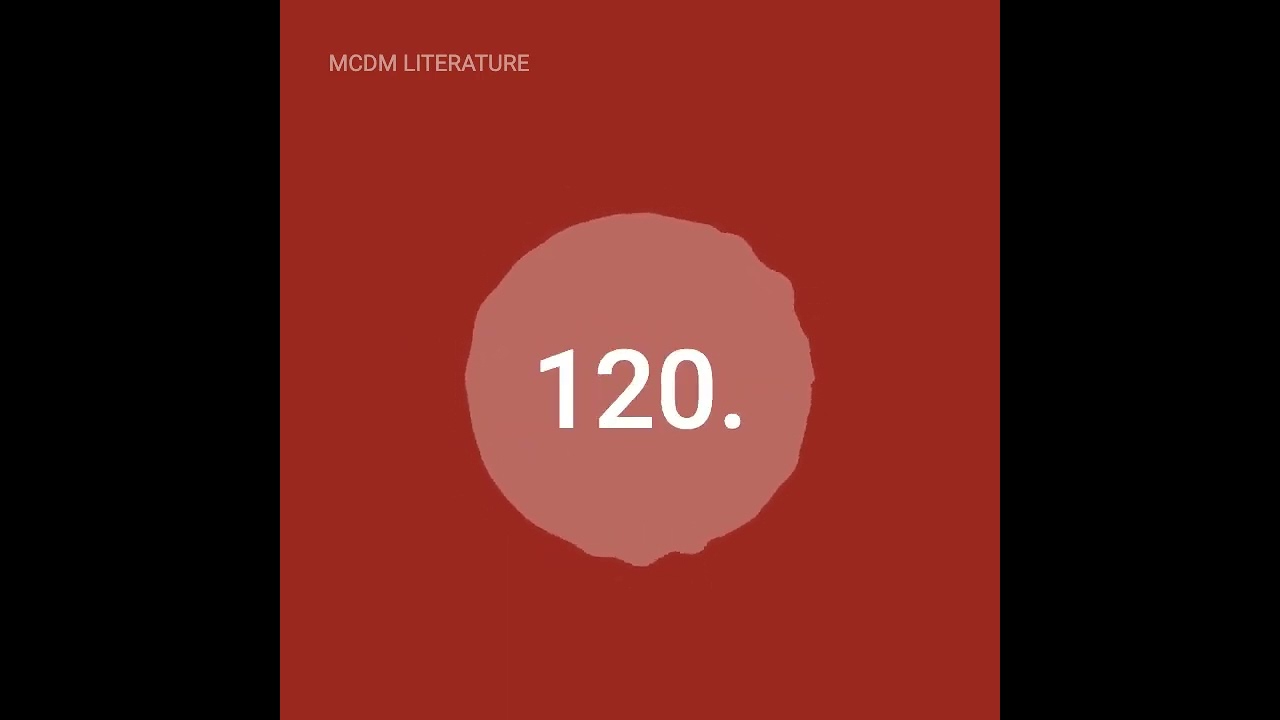Starting at about 13:02 in the video you said:
It reminds me of the arrow’s theorem stuff in “The Beginning of Infinity” that talks about some logical or mathematical paradoxes or problems with voting systems where you can get counterintuitive or problematic results like if you add or remove some third candidate that can change which of the first two wins. And it would be better to have a voting system where that didn’t happen.
I don’t think this is an accurate account of DD’s position in BoI. DD gives an account of the voting paradoxes. He points out that people often wish that voting systems didn’t suffer from those paradoxes, but their wishes are incompatible with logic and maths so they must be wrong. He then writes (p. 344):
We need something better to wish for. Something that is not incompatible with logic, reason or progress. We have already encountered it. It is the basic condition for a political system to be capable of making sustained progress: Popper’s criterion that the system facilitate the removal of bad policies and bad governments without violence. That entails abandoning ‘who should rule?’ as a criterion for judging political systems. The entire controversy about apportionment rules and all other issues in social-choice theory has traditionally been framed by all concerned in terms of ‘who should rule?’: what is the right number of seats for each state, or for each political party? What does the group – presumed entitled to rule over its subgroups and individuals – ‘want’, and what institutions will get it what it ‘wants’?
So let us reconsider collective decision-making in terms of Popper’s criterion instead. Instead of wondering earnestly which of the self-evident yet mutually inconsistent criteria of fairness, representativeness and so on are the most self-evident, so that they can be entrenched, we judge such criteria, along with all other actual or proposed political institutions, according to how well they promote the removal of bad rulers and bad policies. To do this, they must embody traditions of peaceful, critical discussion – of rulers, policies and the political institutions themselves.
On p. 347 he writes:
The system used to elect members of the legislatures of most countries in the British political tradition is that each district (or ‘constituency’) in the country is entitled to one seat in the legislature, and that seat goes to the candidate with the largest number of votes in that district. This is called the plurality voting system (‘plurality’ meaning ‘largest number of votes’) – often called the ‘first-past-the-post’ system, because there is no prize for any runner-up, and no second round of voting (both of which feature in other electoral systems for the sake of increasing the proportionality of the outcomes). Plurality voting typically ‘over-represents’ the two largest parties, compared with the proportion of votes they receive. Moreover, it is not guaranteed to avoid the population paradox, and is even capable of bringing one party to power when another has received far more votes in total.
These features are often cited as arguments against plurality voting and in favour of a more proportional system – either literal proportional representation or other schemes such as transferable-vote systems and run-off systems which have the effect of making the representation of voters in the legislature more proportional. However, under Popper’s criterion, that is all insignificant in comparison with the greater effectiveness of plurality voting at removing bad governments and policies.
So DD’s position is that the paradoxes are irrelevant compared to whether the voting system can be used to remove bad politicians and policies. So voting systems should be judged according to whether they allow the electorate to make a yes/no judgement about a politician or a party or a policy.
The specific property you cite, adding or removing a third party should not affect which of the two original parties wins, is violated by the first past the post voting system. For example, you could imagine that Labour (considered a left wing party) is on track to win against in the Conservative party (considered a left wing party) in the constituency of Upper Markmanshire. But then the Green Party who are considered left wing, decide to stand in that constituency and split the left wing vote so that the conservatives win. So DD doesn’t think that particular paradox matters.
